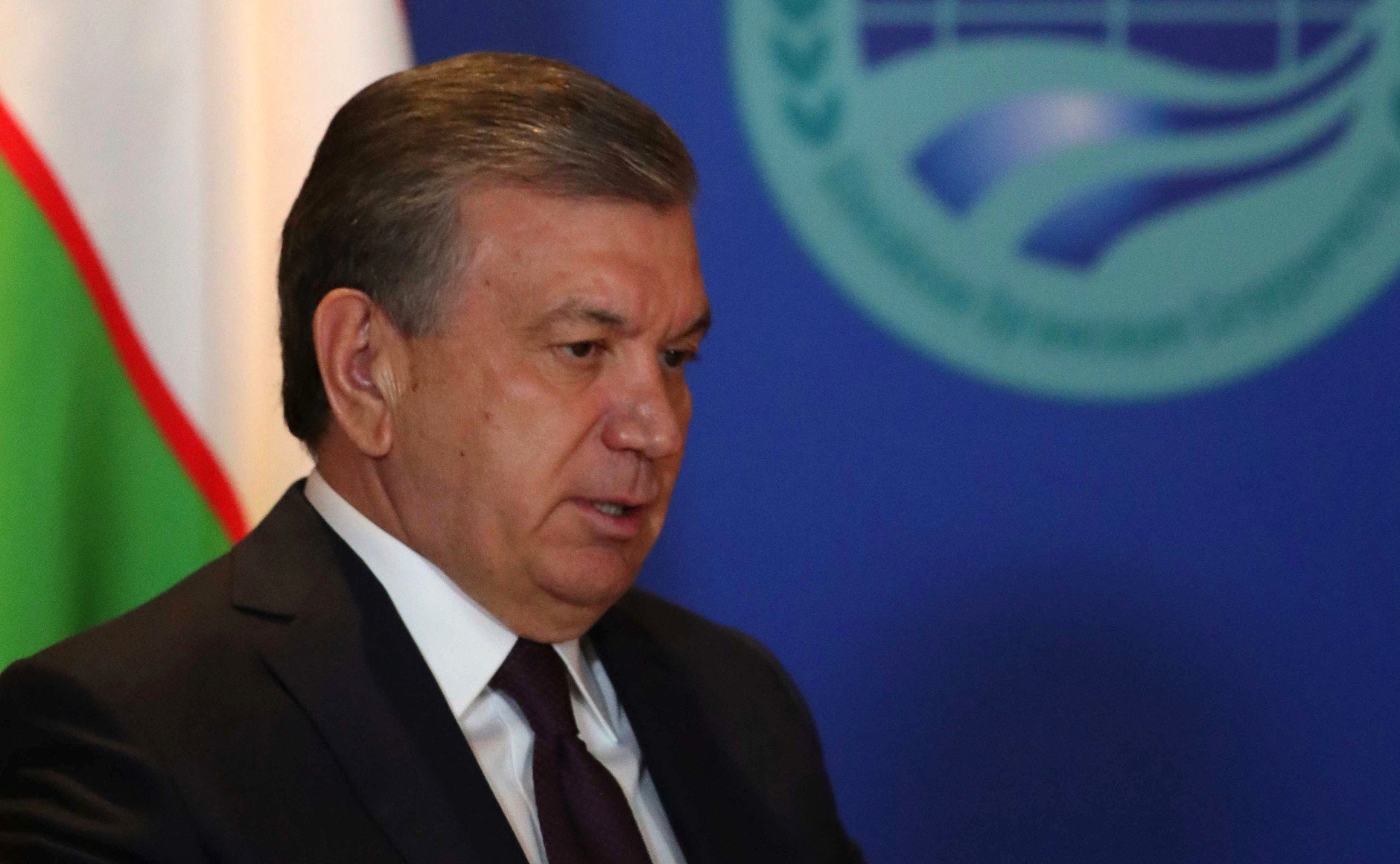Uzbek Presidential Election Highlights Advancements and Shortcomings in Country's Reform Efforts
President Shavkat Mirziyoyev meets with Russian President Vladminir Putin in 2018. (Wikipedia)
Uzbek President Shavkat Mirziyoyev was elected for a second term on October 25. He won 80.1 percent of the vote, securing another five-year term. More than 20 million people out of 34 million adults in Uzbekistan were eligible to vote. However, Western sources claimed that the election was not truly free. Even though there were multiple candidates, there was not much engagement with voters, and there was little challenge or criticism to the incumbent Mirziyoyev. The five candidates came from the registered political parties already present in the parliament, as independent parties are not allowed to run for office. It is difficult to register new political parties, due to both official efforts and unofficial barriers, as the country is still dealing with the complications of coming out from under authoritarian rule.
Staff of the U.S.-funded broadcaster Radio Free Europe/Radio Liberty received threats of beheadings, threats of sexual assault, and compilations of pornographic images which included images of staffers beginning on October 16. The images featured the tagline "Ozodlik's real goal is to raise a rebellion, to disrupt peace, to discredit our president." Radio Ozodlik is the name of the Uzbekistan branch of Radio Free Europe/Radio Liberty. Radio Ozodlik believes that these threats may be the result of their recent publications focusing on the wealth of President Mirziyoyev and his family.
Mirziyoyev is the first president to take office since the death of authoritarian leader Islam Karimov in August 2016. Mirziyoyev has gone the other way, establishing contact with international news organizations and human rights organizations. He has also worked to open up transit into and out of the country, and to reverse previously isolationist tendencies. This was unexpected, as Mirziyoyev served as the prime minister under Karimov.
Mirziyoyev worked to make drastic improvements in the lives of average Uzbek citizens during his first term. He ended the practice of forced labor in agriculture, where students and teachers would pick cotton alongside each other, offered greater opportunity for freedom in the media, released a group of political prisoners, closed the country's "most notorious prison camp," and ended strict regulations on travel and living locations for citizens. He has also worked to strengthen relationships between Uzbekistan and Russia and Uzbekistan and the United States.
However, the Organization for Security and Co-operation in Europe's Office for Democratic Institutions and Human Rights found that, while Uzbekistan has complied with some of its recommendations for its electoral framework, it still has not addressed issues concerning protection of fundamental rights and freedoms and citizen involvement, particularly suffrage.

